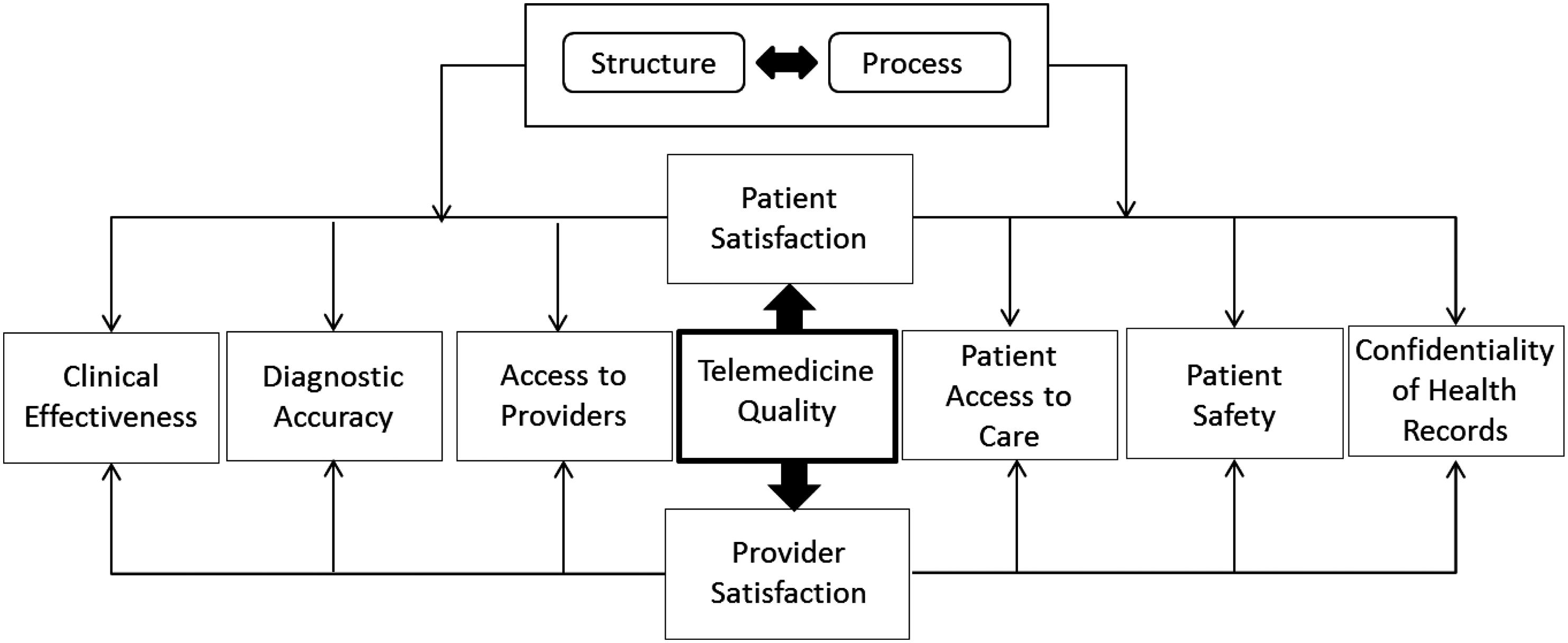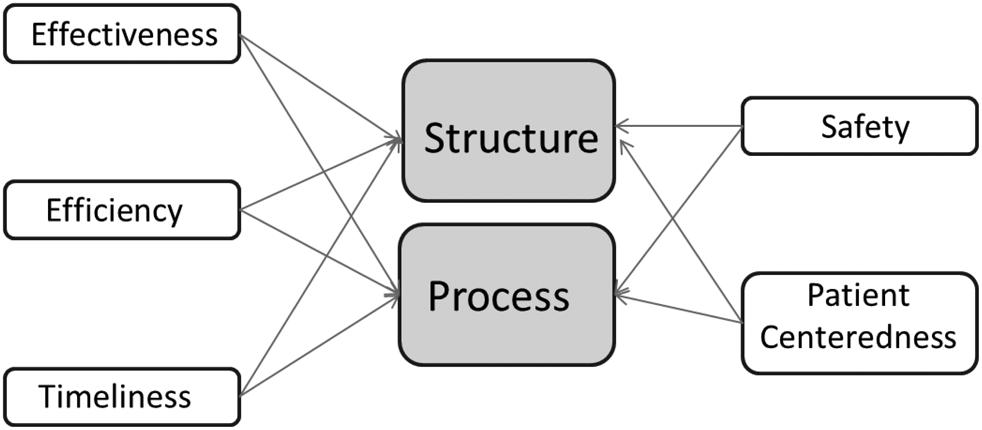
1 minute read
The Hassle Factor in Healthcare
◾ Not having transportation to medical appointments, pharmacies, or other health services ◾ Financial problems, ranging from concerns about health insurance to payments for treatments, or problems paying household bills during and after treatment ◾ Concern for how family members and loved ones are coping ◾ The challenges of changing behaviors to minimize the impact of the disease (smoking, exercise, dietary changes, etc.).
Below is an excerpt from an interview with a patient:
Advertisement
Each interaction I have with your office has either left me feeling like a whole person or like a catalogue of individual and separate issues. There are times when I feel that I am being bounced around from person-to-person with no one willing to take responsibility for addressing all of my needs. Each person seems to pick and choose which of my issues they prefer to address at any given time. I am passed from one provider to the other, with each provider remaining detached from my core problem. No one seems to remember or know anything about me; no one seems to really care.
The American Society of Internal Medicine defined the hassle factor as follows (ASIM, 1990):
The increasingly intrusive and often irrational administrative, regulatory review, and paperwork burdens being placed on patients and physicians by the Medicare program and other insurers.
Hassles represent the challenges encountered by patients in navigating their health and life circumstances. Here’s a typical scenario encountered by a patient with a medical need. The patient calls the doctor’s office to make an appointment, keeps the appointment by visiting the doctor’s office, runs across town to a lab for a blood test or diagnostic procedure, and then gets an appointment for an MRI. There’s a good chance all this will require several agonizing phone calls and much back and forth with the patient’s





